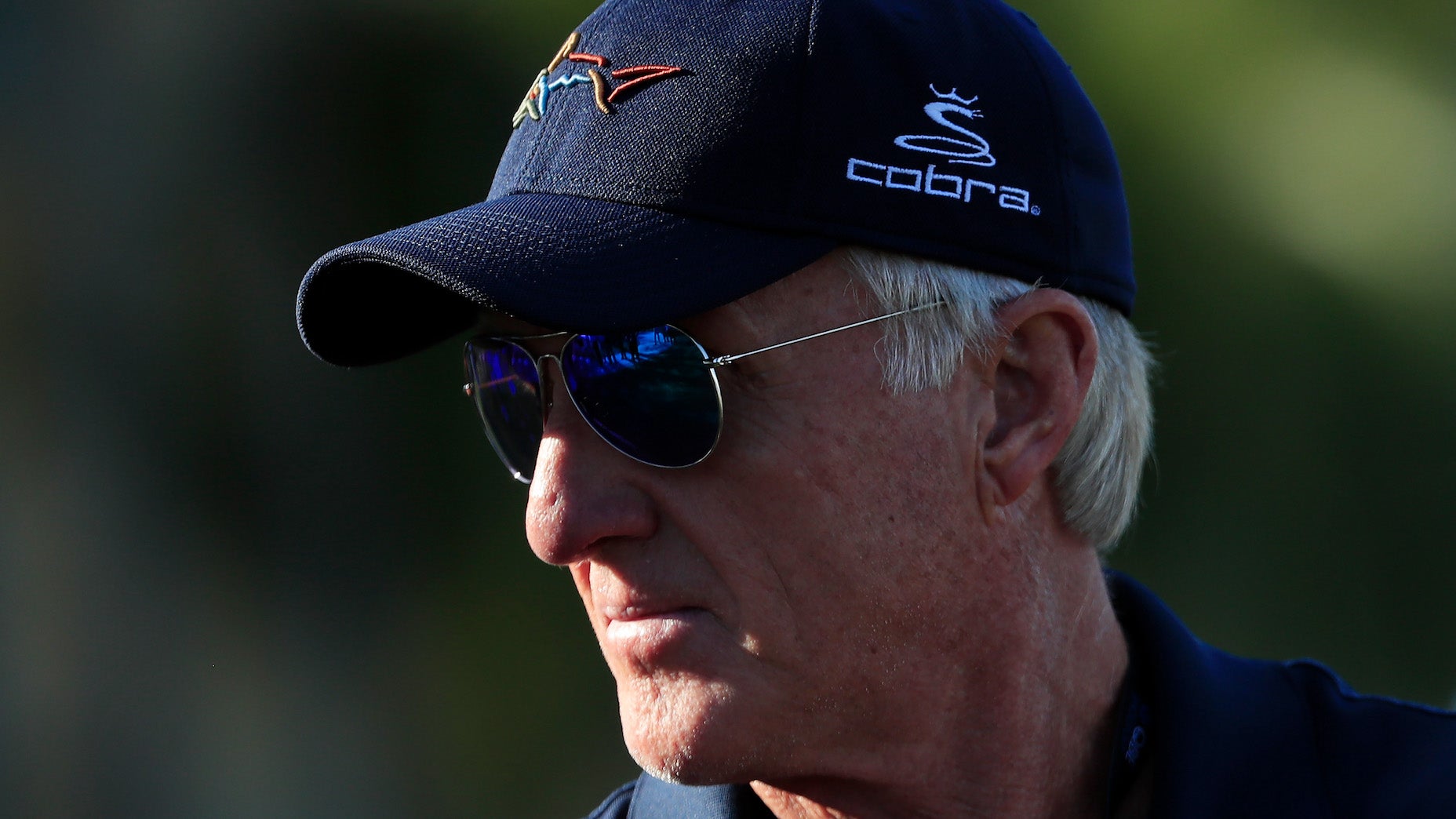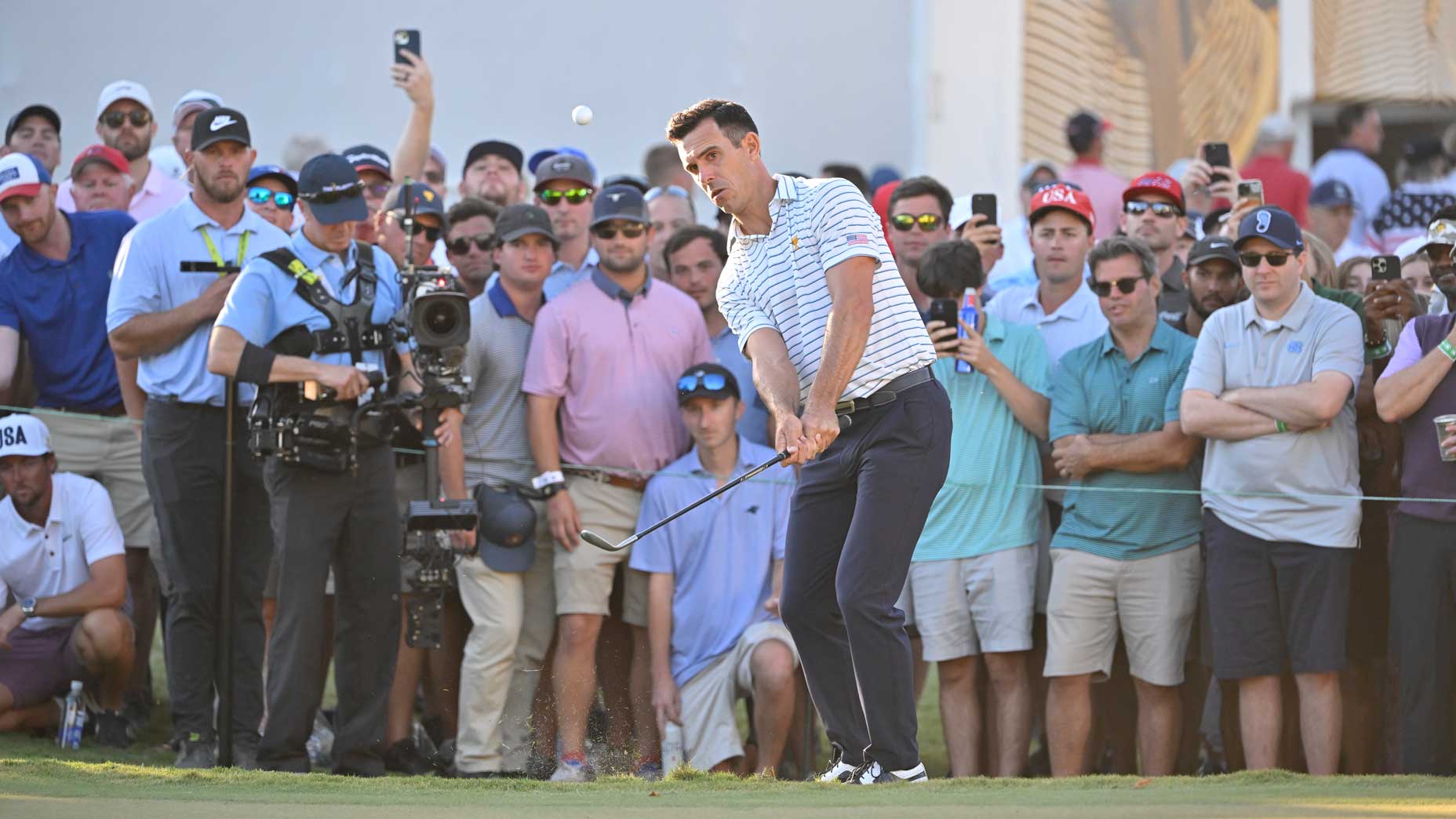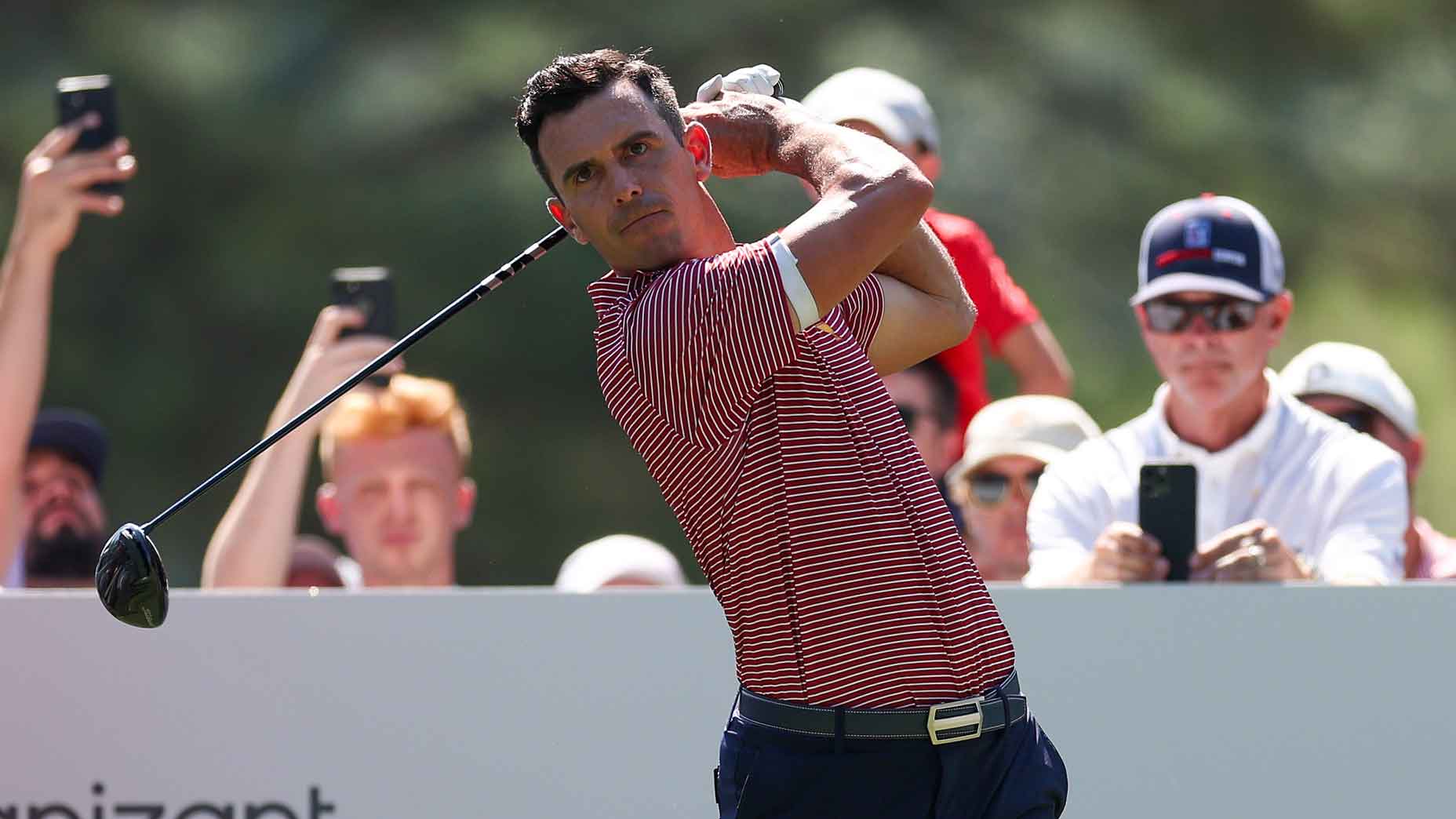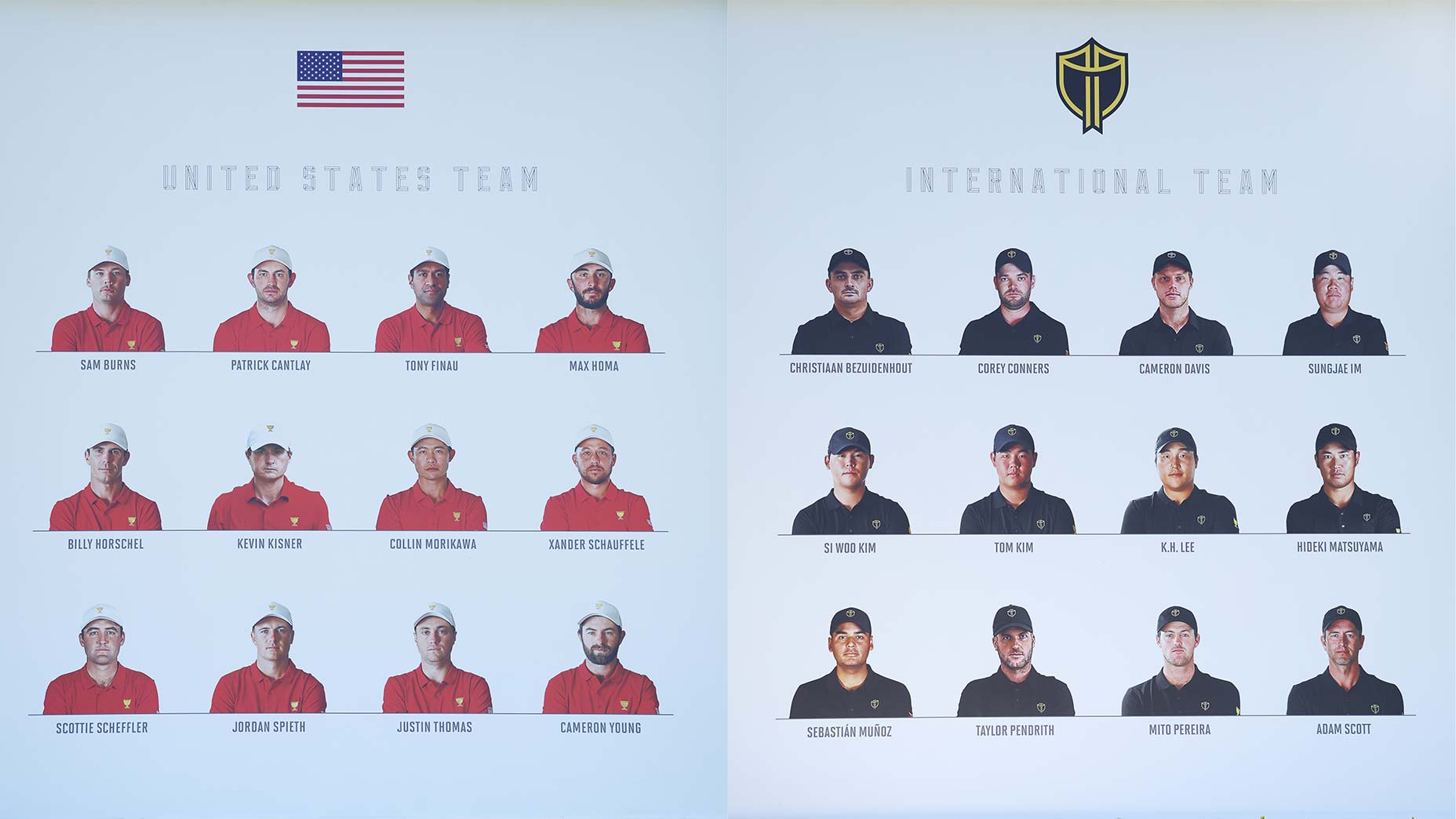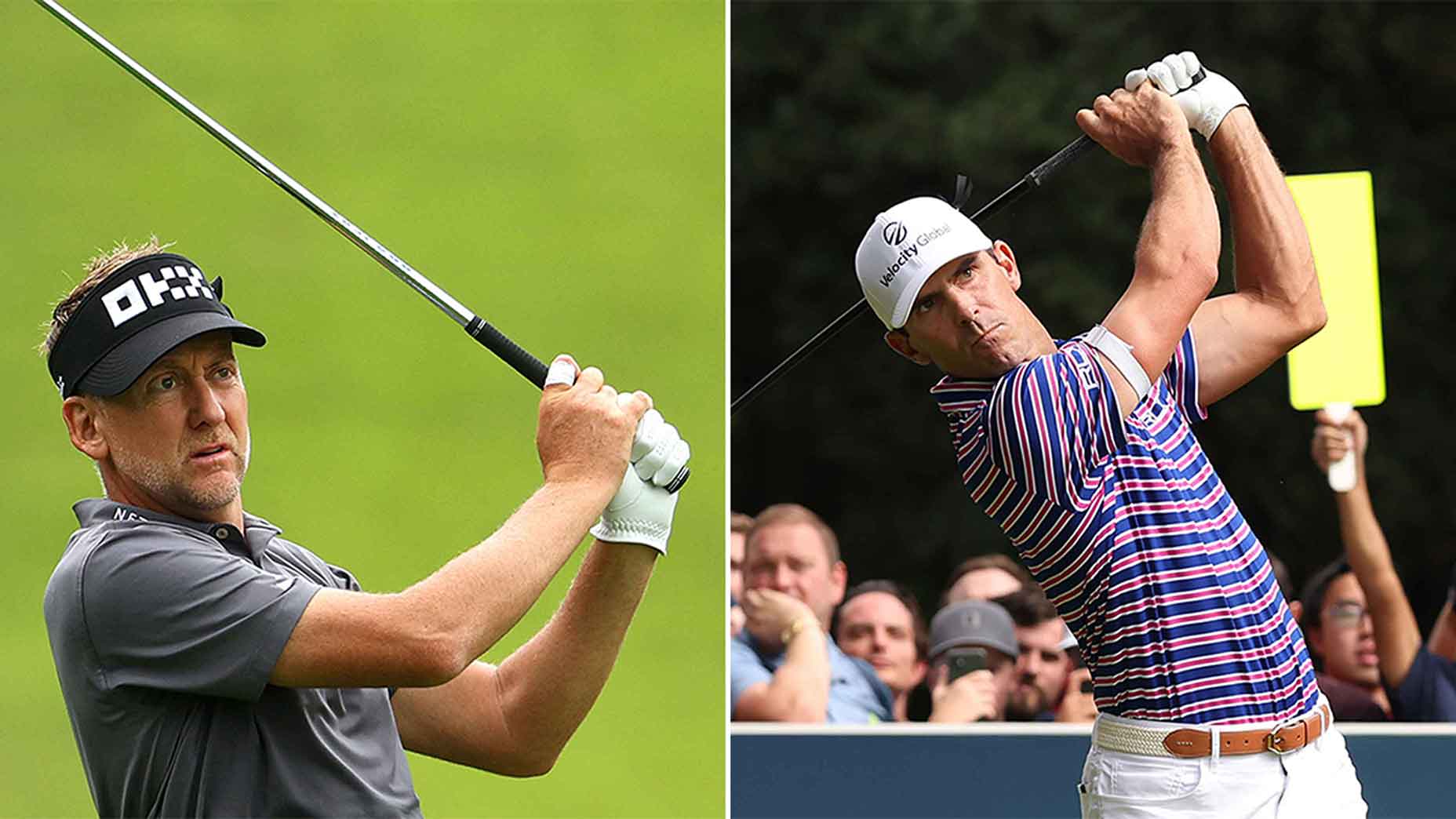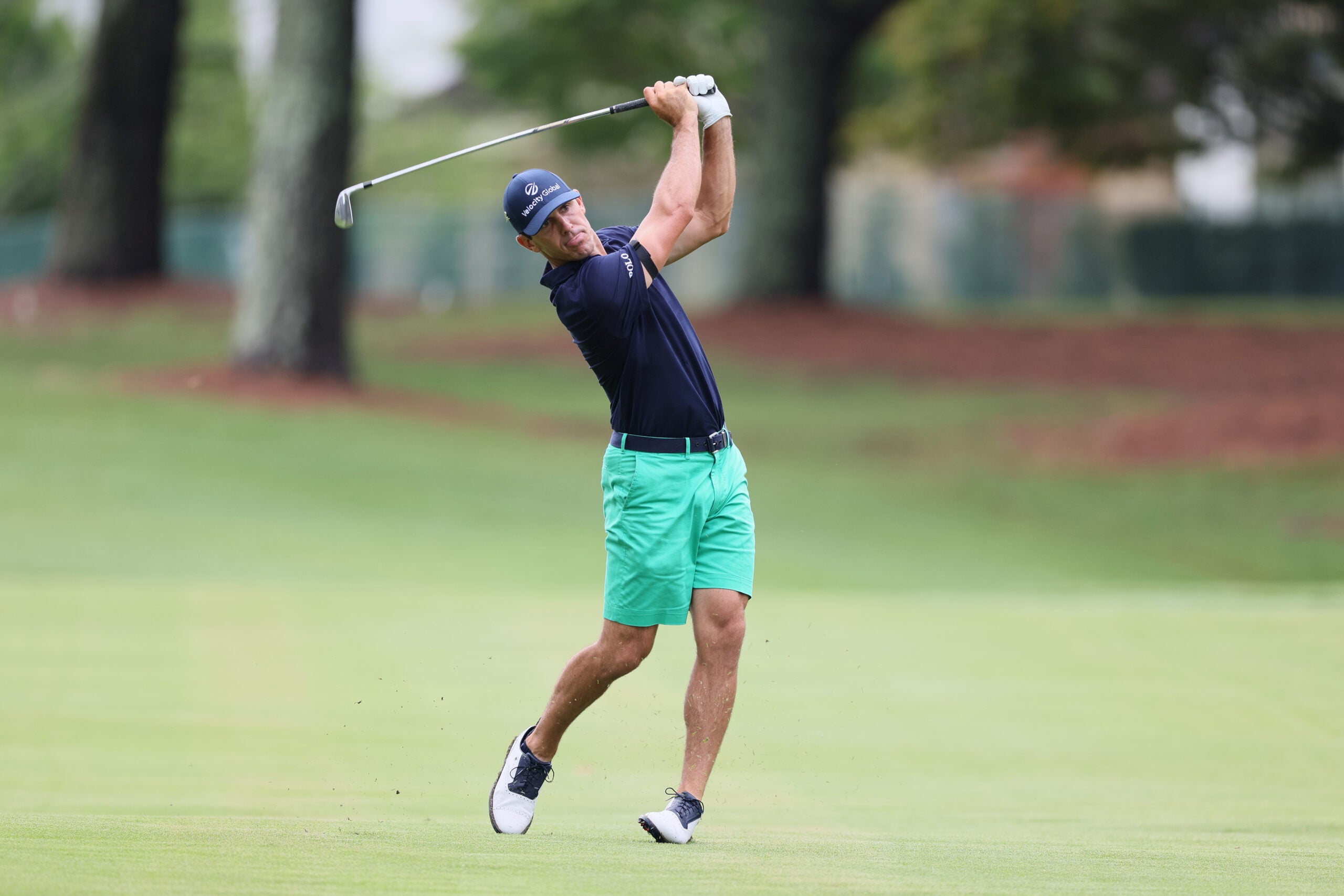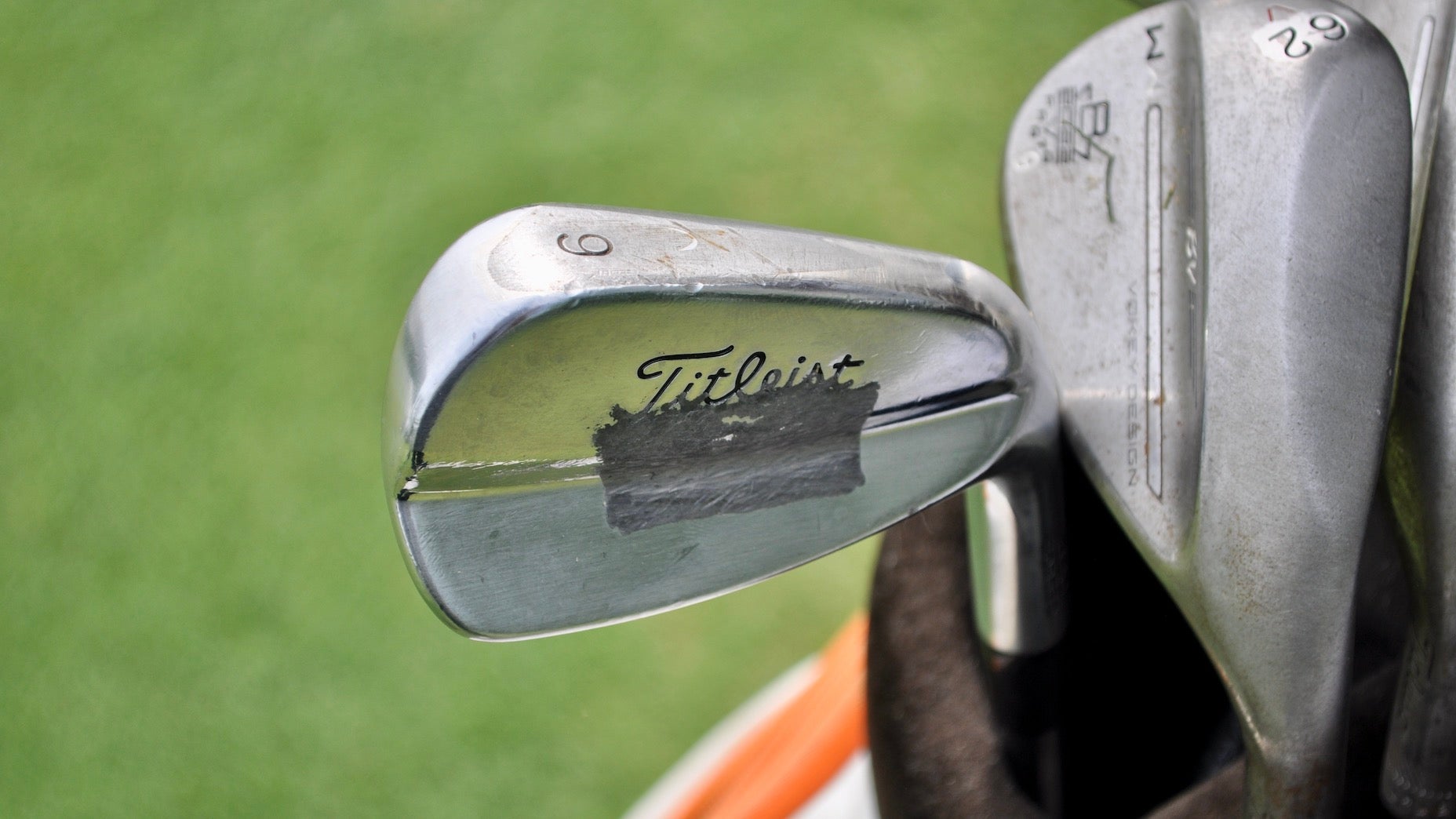‘It does sound harsh’: Billy Horschel blasts PGA Tour ‘handouts’ for ‘mediocrity’
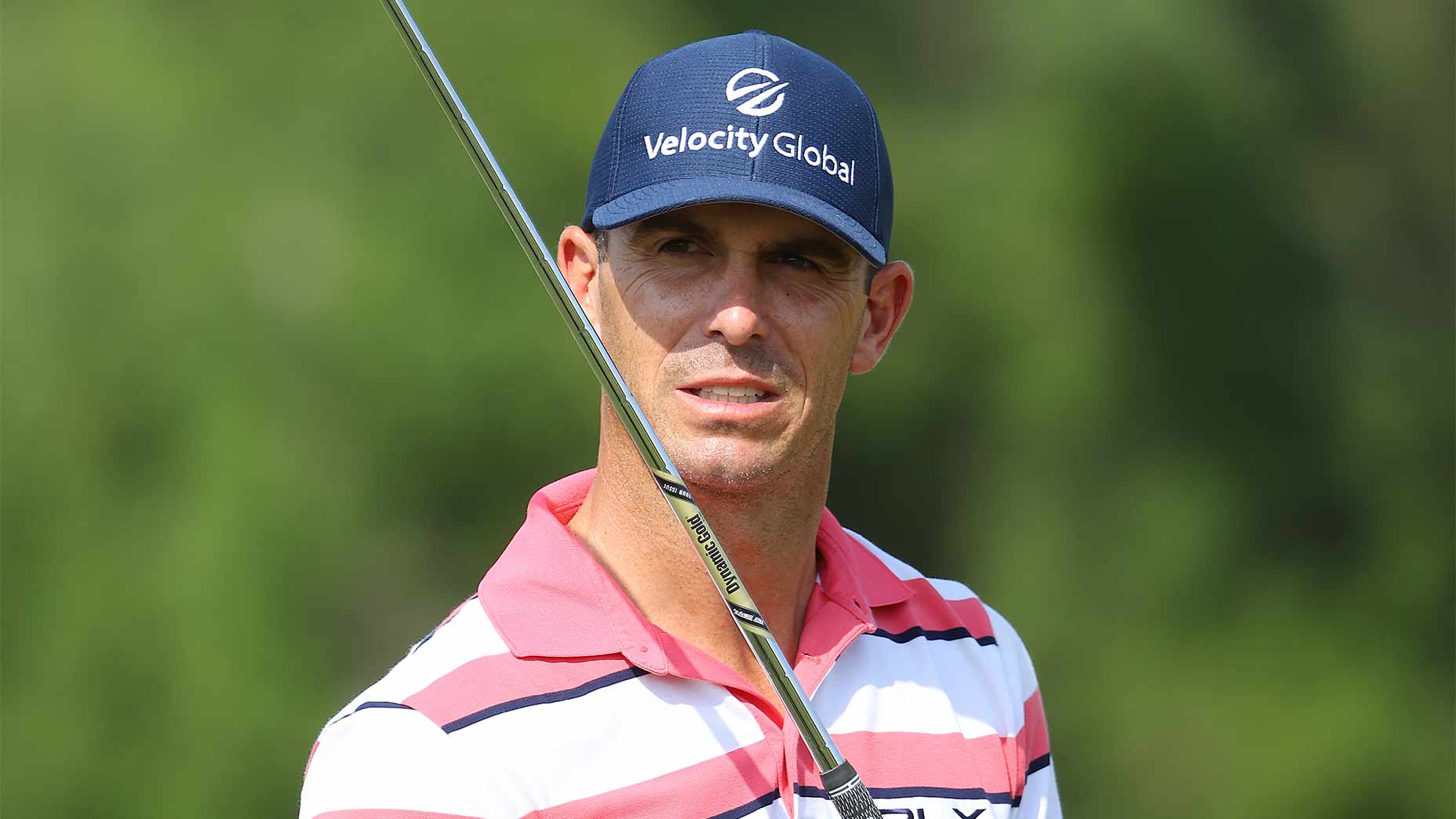
Billy Horschel is ranked 21st in the world.
Getty Images
Have pro golf’s two biggest tours done enough to keep players happy? That’s what Billy Horschel was asked on Wednesday at the DP World Tour Championship, in Dubai. Horschel had lots to say on that topic, but first, some important background.
If you have been under a rock for the past year or so, you might be surprised to learn that various start-up golf leagues to rival the PGA Tour have been popping up seemingly everywhere. The most recent one came just this month, when Greg Norman was named CEO of LIV Golf Investments, a Saudi-backed group that hopes to launch its own super league next year.
These leagues, for the most part, are structured around stars, with guaranteed money, fewer events and some team formats. They are also somewhat responsible for the Tour’s decision to create a Player Impact Program (PIP), paying out 10 popular players from a $40 million prize pool (in a sense, the Tour’s way of rewarding and keeping stars happy). The European Tour entered the fold last week, announcing it will be rebranded as the DP World Tour and increase its overall purse in 2022 to $200 million — twice what it was in 2021.
OK, now back to Horschel. In the wake of the announcement of Norman’s league-in-the-making and the European Tour’s cash infusion, Horschel was asked if the two big tours have done enough. He said with such a large group of players it’s impossible to please everyone, but he thinks the tours’ respective commissioners have done a good job. He also had his own idea to spice things up.
“If I give you my opinion, what I think should be done, I think we need to look at the Tour as what’s going to be sustainable in 25 years, and that’s what the Tour needs to do, and not so much worry about the Saudis or the PGL. They need to do what’s best for the PGA Tour,” Horschel said. “And I think, in my mind, I think we should make the Tour more competitive. And what I mean by that is maybe instead of giving out 125 cards every year, we cut it down to 100. And if we cut down the Korn Ferry cards from 50 to 30, you’ve got roughly 150 guys now, you make the field 120 maybe, now you’re getting players, the better players week in and week out. Guys aren’t sort of just happy finishing 90th on the PGA Tour every year and collecting a million-plus dollars and that they’re actually striving to be the best players on the PGA Tour.
“I think if we would change the way the money pays out where the top 30, 40 guys get paid a lot of money and then you don’t get paid as much down below, so it really pushes guys to really do everything they can to be the best player that they can be,” he continued. “By doing that I think that takes care of any other Tour that comes competing against the PGA Tour or the European Tour. Like I said, I think we’re doing great stuff, but I think we need to make sure that we’re looking at all scenarios before we make an ultimate decision of the path forward.”
Horschel, who is 34, got his PGA Tour card through Q-School in 2009 and made four starts in 2010, missing the cut in all of them, before an injury sidelined him the rest of the year. He returned 10 months later and tied for 27th at the PGA Tour Qualifying Tournament to improve his status for 2011, in which he played on a Major Medical Extension. He returned to the PGA Tour Qualifying Tournament at the end of both 2011 and 2012 before solidifying his spot on Tour with a big 2013, which included eight top 10s and his first win.
He’s finished in the top 70 in the FedEx Cup in each of the last nine seasons, including four times in the top 20. His best finish was in 2014, when he won the FedEx title and received its lucrative $10 million bonus.
Horschel, a member of the Tour’s Player Advisory Council, was later asked a follow-up regarding his comments about field sizes and payout structure. His response was lengthy — more than 500 words — but for full context we’ll include his answer in its entirety below.
“I’m not the only one that thinks this way. I may be the only one or the few that really isn’t afraid to state maybe a little bit of the obvious or maybe my opinion a little bit more strongly,” he said. “I think what makes our sport so great is that we earn what we make. And we play bad, we don’t make any money. If we play bad for an extended amount of time, we’re not going to make a lot money with our sponsors off the golf course.
“I mean, I could sit up on my soapbox all day and talk about this, but I feel like society in a whole, everyone is looking for handouts, instead of go work for it, go really bust your butt and do something. Yes, do people always get the fair shake of it? No. But I grew up blue collar. My parents — there’s times only one of my parents had a job for extended months at a time. Neither of my parents have college degrees. One thing they instilled in us is treat people equally. Doesn’t matter who you are, what background, what race you are, what ethnicity you are, you treat people equally and you work hard. You do the right things. You work hard, and hopefully that all pays off in the end. And I’ve been fortunate I’ve had the right shake come my way here and there.
“I think if we look at it on a professional level of golf, and I’m not trying to harp on or knock any other players that are struggling making money or maybe not feeling like they’re getting enough of the fair shake. But I know how hard I work. I know how many hours I put in on a daily basis. I know all the sacrifices I’m making to be a great player, to try to be the best player I can be in my lifetime or my career. And when I hear other players say, well, we should get more of the money or you guys need to look at taking care of the lower guys, are those guys doing the same thing I’m doing to be the best player they are? If they’re not, why should they get a handout just because they’re not playing as top golf as some other players?
“So it does sound harsh. It sounds like I’m trying to maybe attack the lower guys or the guys that are lower on either Tour, but I’m not. All I’m saying is that are you doing everything you can to be the best player you can? And if you are, then maybe we need to look at something. If you aren’t, we shouldn’t just be giving you handouts because you got your PGA Tour card and you’re not making as much as some other guys. We’re fortunate that the top guys over the generations have brought all this money into the PGA Tour, and they’ve been rewarded because of the top play. We reward for top play, for playing great golf, not for mediocrity.”
Horschel has made more than $28 million in his PGA Tour career, which doesn’t even include the $10 million bonus he earned for winning the FedEx Cup in 2014. He’s won six times on Tour and has one career top 10 in 32 major starts.

